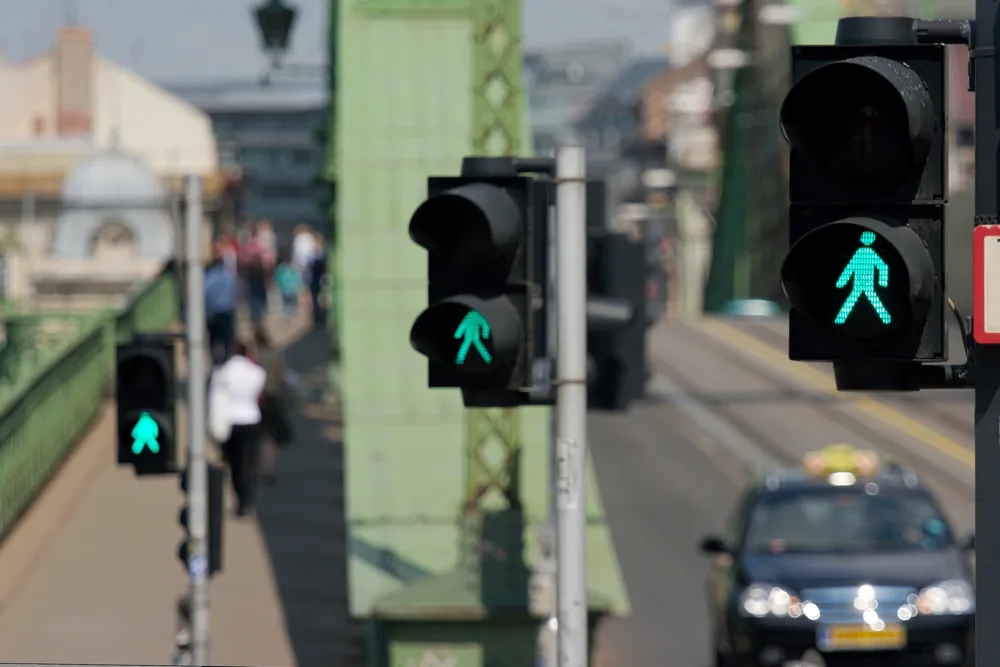
According to Siemens, a typical intersection with bulb-based technology and around 55 traffic signals (red, amber and green) can now avoid more than 6,000 kilograms of harmful carbon emissions a year. One-watt technology uses digital LED driver modules, which Siemens says eliminates the need for load resistors and switching elements in the signal light units which consume most of the energy.
Compared with the 60 watts sometimes consumed by incandescent bulbs, the electricity required by individual traffic light signals can be cut to just one or two watts. State-of-the-art LEDs with extremely low power consumption still retain full light intensity, while the one-watt light units also reduce service costs.








